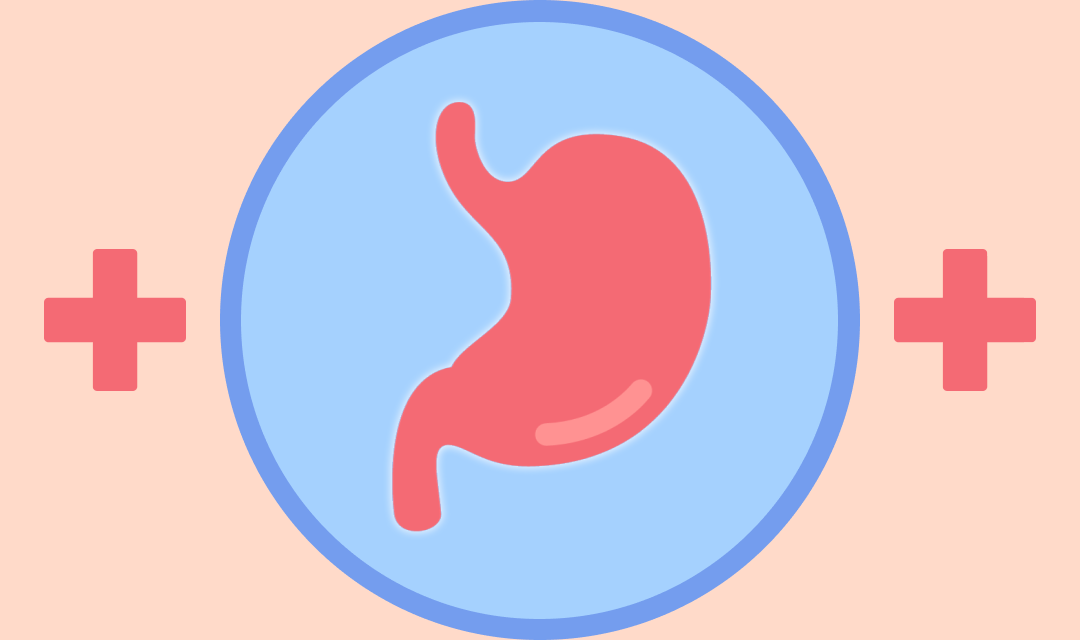Common Questions About Hemorrhoids in Pregnancy

Hemorrhoids, also known as piles, are swollen veins in the lower part of the rectum and anus. They are a common condition that many people experience, including pregnant women. Pregnancy can increase the likelihood of developing hemorrhoids due to the increased pressure on the veins in the pelvic area. This article will answer some of the most common questions about hemorrhoids during pregnancy.
Table of contents
Can pregnancy cause Hemorrhoids?
Is Hemorrhoids a pregnancy symptom?
Are Hemorrhoids common in the first, second, and third trimester?
What causes Hemorrhoids during pregnancy?
Is it safe to have Hemorrhoids during pregnancy?
What can help with Hemorrhoids during pregnancy?
Hemorrhoids during pregnancy: when to see a doctor?
Hemorrhoids after childbirth: Is it common?
Can pregnancy cause Hemorrhoids?
Yes, pregnancy can indeed cause hemorrhoids. The growing uterus puts pressure on the pelvic veins and the inferior vena cava, a large vein on the right side of the body that receives blood from the lower limbs. This can slow the return of blood from the lower half of your body, which increases the pressure on the veins below your uterus and causes them to become swollen or dilated.
Psst, we have an app dedicated to pregnant moms. Learn more
Is Hemorrhoids a pregnancy symptom?
Hemorrhoids are not a specific symptom of pregnancy, but they are more common during pregnancy. The changes in hormones and the increased blood volume during pregnancy can cause the veins in the rectal wall to swell, bleed, and itch, which are the common symptoms of hemorrhoids.
Psst, we have an app dedicated to pregnant moms. Learn more
Are Hemorrhoids common in the first, second, and third trimester?
Hemorrhoids can occur at any time during pregnancy but are most common in the third trimester. In some cases, they may develop in the second trimester if you have constipation and strain during bowel movements. They are less common in the first trimester.
Psst, we have an app dedicated to pregnant moms. Learn more
What causes Hemorrhoids during pregnancy?
The main cause of hemorrhoids during pregnancy is the increased pressure on the veins in your pelvic area due to your growing baby. Other factors include constipation, which is common during pregnancy and can cause straining during bowel movements, and hormonal changes that make your veins relax.
Psst, we have an app dedicated to pregnant moms. Learn more
Is it safe to have Hemorrhoids during pregnancy?
Hemorrhoids are generally not dangerous. They can cause discomfort and bleeding, but they do not affect the health of the baby. However, if the hemorrhoids are severe or if the bleeding doesn't stop, you should seek medical attention.
Psst, we have an app dedicated to pregnant moms. Learn more
What can help with Hemorrhoids during pregnancy?
There are several ways to help alleviate the symptoms of hemorrhoids during pregnancy. These include eating a high-fiber diet, drinking plenty of fluids, avoiding sitting or standing for long periods, and doing Kegel exercises to strengthen the pelvic floor muscles. Over-the-counter creams and ointments can also provide relief.
Psst, we have an app dedicated to pregnant moms. Learn more
Hemorrhoids during pregnancy: when to see a doctor?
You should see a doctor if your hemorrhoids are causing severe pain, if you're experiencing heavy bleeding, or if the hemorrhoids are accompanied by other unusual symptoms. These could be signs of a more serious condition.
Psst, we have an app dedicated to pregnant moms. Learn more
Hemorrhoids after childbirth: Is it common?
Yes, it's common to have hemorrhoids after childbirth. The strain of pushing during labor can lead to the development of hemorrhoids. Most of the time, they will go away on their own as your body recovers from childbirth.
Psst, we have an app dedicated to pregnant moms. Learn more
Information sources
1. Mayo Clinic. (2020). Hemorrhoids during pregnancy: What's the best treatment? https://www.mayoclinic.org/healthy-lifestyle/pregnancy-week-by-week/expert-answers/hemorrhoids-during-pregnancy/faq-20058149
2. American Pregnancy Association. (2020). Hemorrhoids During Pregnancy: Causes, Treatment and Prevention. https://americanpregnancy.org/healthy-pregnancy/pregnancy-health-wellness/hemorrhoids-during-pregnancy/
3. National Health Service. (2018). Piles (haemorrhoids). https://www.nhs.uk/conditions/piles-haemorrhoids/